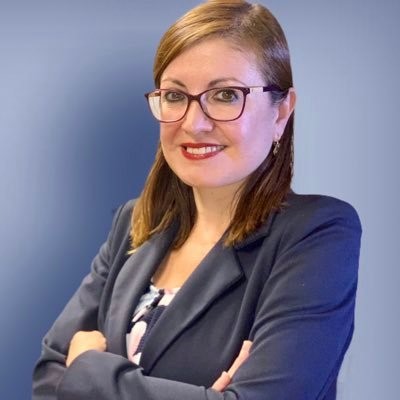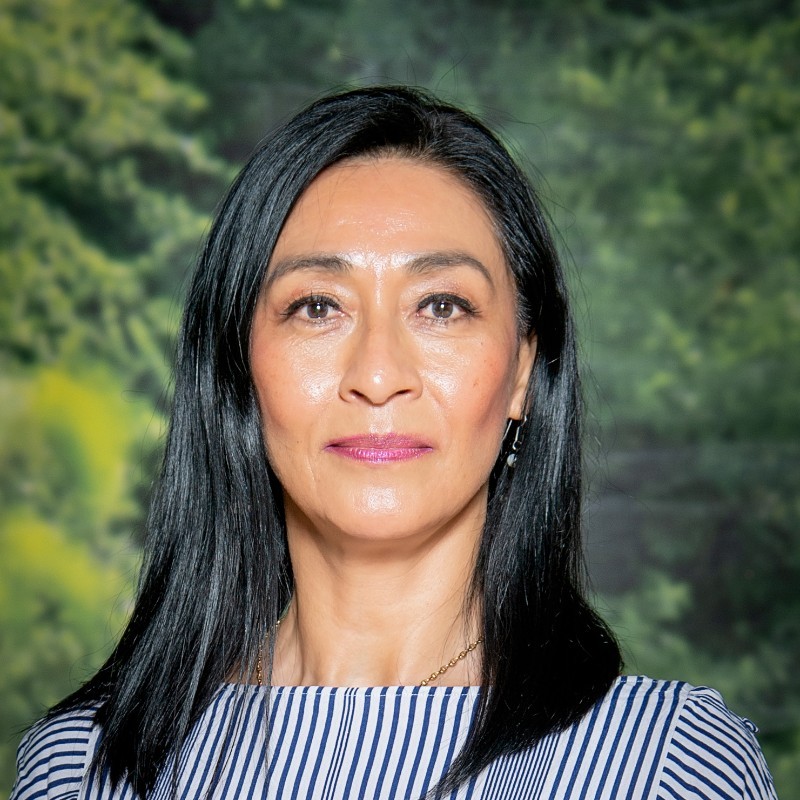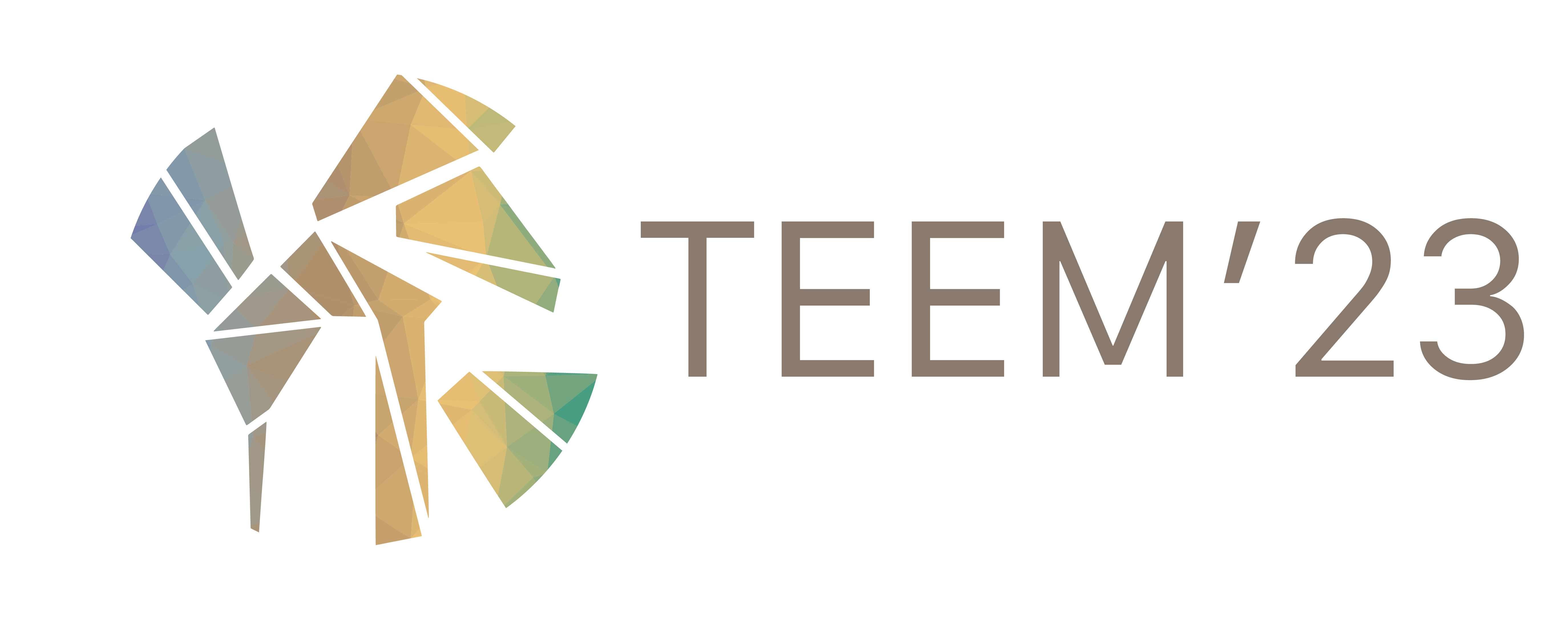Lack of diversity and inequality are problems in all areas of the society, but they are especially visible in Science, Technology, Engineering and Mathematics (STEM). STEM areas are crucial for society’s development; they are key elements in the current global health crisis, where these areas are playing a significant role in addressing the evolving needs of society. Furthermore, according to the World Economic Forum’s last reports, governments have “an urgent need to address the impact of new technologies on labour markets through upgraded education policies aimed at rapidly raising education and skills levels of individuals of all ages, particularly concerning STEM”. Fostering diversity and reducing inequalities are part of UNESCO’s Sustainable Development Goals (SDG) of UNESCO for 2030. Among the goals, we can find “empower and promote the social, economic and political inclusion of all, irrespective of age, sex, disability, race, ethnicity, origin, religion or economic or other status” (SDG 10.2). Attracting representative people from all sectors of society, different cultures, disabilities, ethnic groups, gender or sexual identities to STEM areas is one of the approaches of organisations, institutions and governments for reducing inequality. Besides, within the reduction of inequality and the fostering of diversity, the lack of women in many sectors of society, with particular attention to decision-making spaces, is particularly relevant in the STEM field. Women are one of the groups with less representation in STEM, although they represent 50% of the population. Furthermore, this problem is compounded if the intersection of gender, race or other characteristics is analysed. The fifth edition of this track will continue working on giving visibility to initiatives, projects and good practices focused on promoting diversity and reducing inequalities in STEM sectors, both academic and professional. Diversity issues will cover not only gender but also, ethnicity, religion, sexual orientation, etc. Papers that address issues related to intersectionality are also welcomed.
Topics
- Fostering diversity in STEM fields
- Attracting women to STEM studies
- Diversity in the STEM workforce
- Diversity and inclusion
- Teaching innovation related to inclusion and diversity
- Gender mainstreaming in higher education
- Best practices about diversity in STEM
- Dissemination initiatives to promote diversity in STEM
- Gender studies in STEM
- Actions against prejudices and stereotypes
- Promoting women in scientific careers
- Gender mainstreaming in education
- Ethics and diversity in STEM
- Diversity in research
- Co-education practices for STEM
- Intersectionality in STEM
- Gender technologies
- Gender bias in technologies
Sponsored by
The track is supported by the project “Mentoring 4.0: creation of co-educational spaces in STEM programs” (Ref.18/4ACT/22) funded by the Institute of Women of the Ministry of Equality.

Track Scientific Committee
Adriana Gamazo, University of Salamanca, Spain
Amparo Camacho Díaz, Universidad del Norte, Colombia
Ana Belén González Rogado, University of Salamanca, Spain
Ana María González Ramos, Universidad Pablo de Olavide de Sevilla, Spain
Andrea Vázquez-Ingelmo, University of Salamanca, Spain
Anita Tabacco, Politecnico di Torino, Italy
Aruquia Peixoto, CEFET/RJ, Brazil
Blanca Ruth Orantes de Pineda, Universidad Tecnológica de El Salvador, El Salvador
Cassia Gonçalves Isac, IFRJ, Brazil
Elvira Rincón-Flores, Tecnológico de Monterrey, Mexico
Emilia López Iñesta, Universitat de València, Spain
Encarnación Gimeno Nieves, Universidad de Alicante, Spain
Francisco José García-Peñalvo, Universidad de Salamanca, Spain
Gabriela Marín, University of Costa Rica, Costa Rica
Germania del Rocio Rodriguez Morales, Universidad Técnica Particular de Loja, Ecuador
Jimena Pascual, Pontificia Universidad Católica de Valparaíso, Chile
José Carlos Sánchez-Prieto, University of Salamanca, Spain
Lourdes Moreno, University Carlos III of Madrid, Spain
Lucy Esther Garcia Ramos, Universidad del Norte, Colombia
María Elena Truyol, Universidad Andrés Bello, Chile
María Luisa Sein-Echaluce Lacleta, University of Zaragoza, Spain
María Soledad Ramírez-Montoya, Tecnológico de Monterrey, Mexico
Maristela Holanda, University of Brasilia, Brazil
Marta Martín del Pozo, University of Salamanca, Spain
Mervi Heikkinen, University of Oulu, Finland
Mónica Quezada Espinoza, Universidad Andrés Bello, Chile
Noemí Merayo Álvarez, University of Valladolid, Spain
Noura Aknin, Abdelmalek Essaâdi University, Morocco
Patricia Jimenez, Pontificia Universidad Católica de Valparaíso, Chile
Patricia Paderewski, University of Granada, Spain
Patricia Sánchez-Holgado, University of Salamanca, Spain
Pedro Plaza, UNED, Spain
Pino Caballero-Gil, University of La Laguna, Spain
Rita Peñabaena, Universidad del Norte, Colombia
Rosa Gil-Iranzo, University of Lleida, Spain
Sara García Cuesta, University of La Laguna, Spain
Silvia Rueda Pascual, University of Valencia, Spain
Sonia Verdugo-Castro, University of Salamanca, Spain
CHAIRS:

Alicia García-Holgado
Universidad de Salamanca, Spain

Carina S. González-González
Universidad de La Laguna, Spain

Ángeles Domínguez Cuenca
Tecnológico de Monterrey, Mexico
